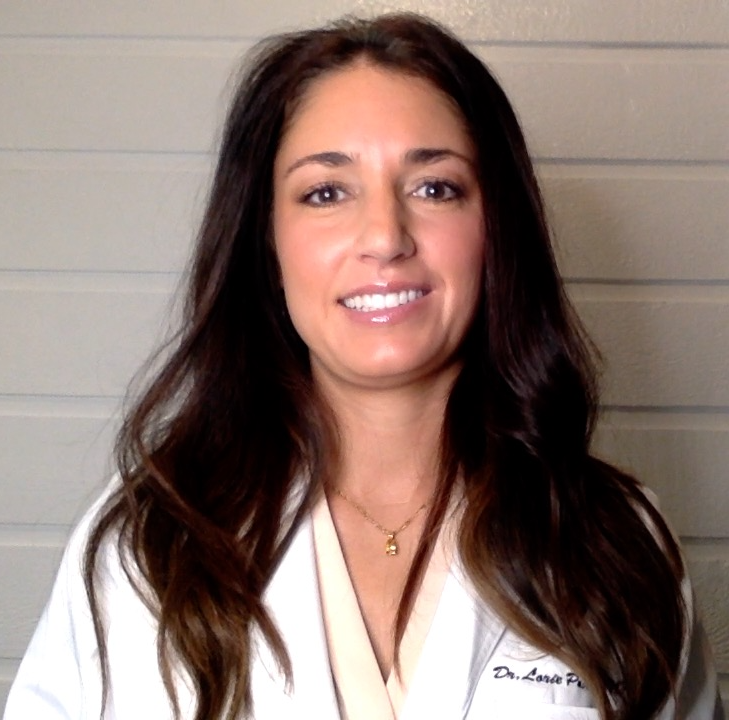URI & Sinusitis
Sometimes however, cold symptoms can be a sign of something more problematic such as, but not limited to, bacterial sinusitis, pneumonia, an ear infection, or an exacerbation of a chronic illness like asthma or COPD necessitating a doctor’s intervention.
As we know, many infections, both viral and bacterial have overlapping symptoms which lead patients to need help distinguishing a common cold from other ailments such as, bacterial sinusitis, the Flu, COVID-19, bacterial pneumonia or even just seasonal allergies. Per the European position paper on rhinosinusitis and nasal polyps, 2012, it is estimated that only as few as 2% of ARS cases are bacterial infections.
Lets drill down a bit.
Acute rhinosinusitis refers to bothersome inflammation in the sinuses surrounding the nose and the nasal cavity itself. ARS can last several weeks. Things like smoking, allergies, lung disease, dental disease, travel, swimming, and age can provoke ARS. See more information and a picture of the sinus cavities here (1).
Common ARS or Cold Symptoms:
- runny nose, congestion, sneezing
- sore throat
- cough
- low grade fever
- headache
- fatigue
When it is ARS what is helpful to ease the symptoms?
Tea with honey has been studied to effectively ease a sore throat and coughing. Otherwise, supportive care with rest, fluids, and expectorant cough syrups, e.g., Robitussin can be helpful in symptom management.
Antihistamines (Zyrtec/Allergra) and decongestants (pseudoephedrine products) show limited benefit in the literature beyond minor relief of nasal congestion. Intranasal steroids, e.g., Flonase and humidified air were also studied and were found to be less than helpful.
Antibiotic therapies were studied as well, and adults with colds who received antibiotic therapy had greater adverse effects than adults who received the placebo. The latest treatment guidelines can be found here (2).
Why are there so many myths that antibiotics help colds?
The typical cold lasts 7 to 10 days, so if after a couple of days of illness an individual seeks medical attention and requests an antibiotic, and then takes the antibiotic for a 5 to 7 day course, then the resolution of their cold symptoms tends to coincide with the natural duration of the illness. This can lead individuals to believe it must have been the antibiotic which helped them to feel better.
Fun fact:
The US Food and Drug Administration (FDA) issued a public health advisory regarding the use of intranasal zinc products, e.g., Zicam or zinc gluconate as it has been found to cause hyposmia and anosmia (a decrease in smell or loss of smell respectively)!
References
- Penn Medicine. Retrieved from https://www.pennmedicine.org/for-patients-and-visitors/patient-information/conditions-treated-a-to-z/sinus-infections-sinusitis
2. Rosenfeld RM, Piccirillo JF, Chandrasekhar SS, Brook I, Ashok Kumar K, Kramper M, Orlandi RR, Palmer JN, Patel ZM, Peters A, Walsh SA, Corrigan MD. Clinical practice guideline (update): adult sinusitis. Otolaryngol Head Neck Surg. 2015 Apr;152(2 Suppl):S1-S39. Retrieved from https://pubmed.ncbi.nlm.nih.gov/25832968/




